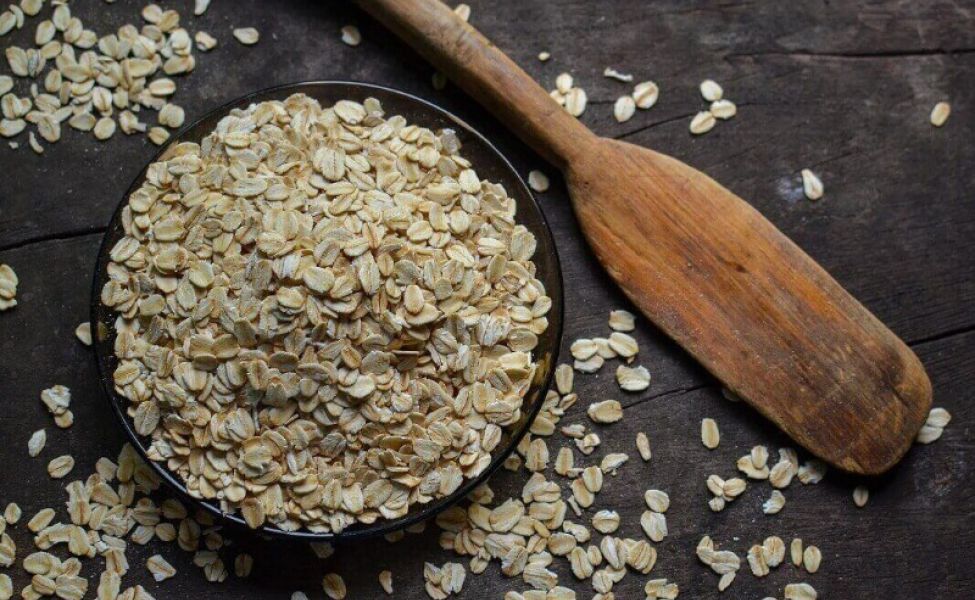
Oat impacts the bile acid receptor function, while rye modifies bile acid production
In a joint project, Finnish and Chinese researchers have shed light on how fibers from oat and rye brans increase the growth of beneficial microbes in the intestines, the researchers told journalists on Friday.
The researchers from the University of Eastern Finland (UEF), the VTT Technical Research Center of Finland and the School of Biological Sciences of the University of Hong Kong found that oat and rye both lead to improved cholesterol metabolism, although their effects are different, Xinhua reports.
Oat impacts the bile acid receptor function, while rye modifies bile acid production. Both reduce liver inflammation associated with fatty liver disease and attenuate weight gain.
Commenting on the findings to Xinhua on Friday, Professor Marjukka Kolehmainen of the UEF said the study may eventually lead to products that offer the ingredients separately. She underlined the benefits of using bran "as other beneficial stuff also travels with them."
In the experiment, mice were fed a high-fat western diet enriched with either oat or rye bran. The study showed that oat boosted the microbe Lactobacillus genera, and rye increased the level of Bifidobacterium genera, the University of Eastern Finland noted in its press release.
Until recently, the mechanisms underlying the health effects of oat and rye bran fibers had not been well understood. Dietary fiber was known to induce changes in gut microbiota function and to thus modulate the gut environment in a beneficial manner. But the association of the modulation with metabolic pathways had remained largely unclear, according to the press release.
This UEF-VTT-HKU experimental study established the differences in metabolites produced by gut microbiota and their interactions with host metabolism in response to supplementation with oat and rye bran fibers.
The project was financed mostly by Hong Kong, China. The key researcher, Hani El-Nezami, is a professor at the UEF and associate professor at the HKU, Kolehmainen said. Enditem.









